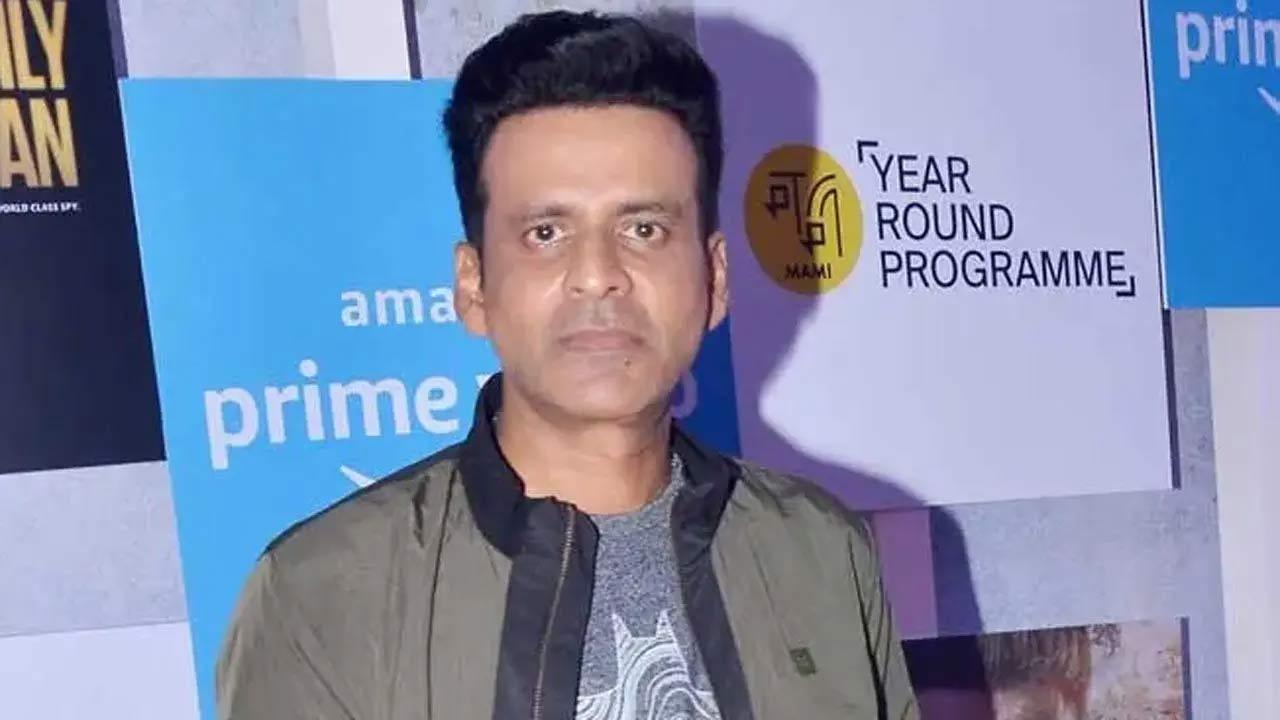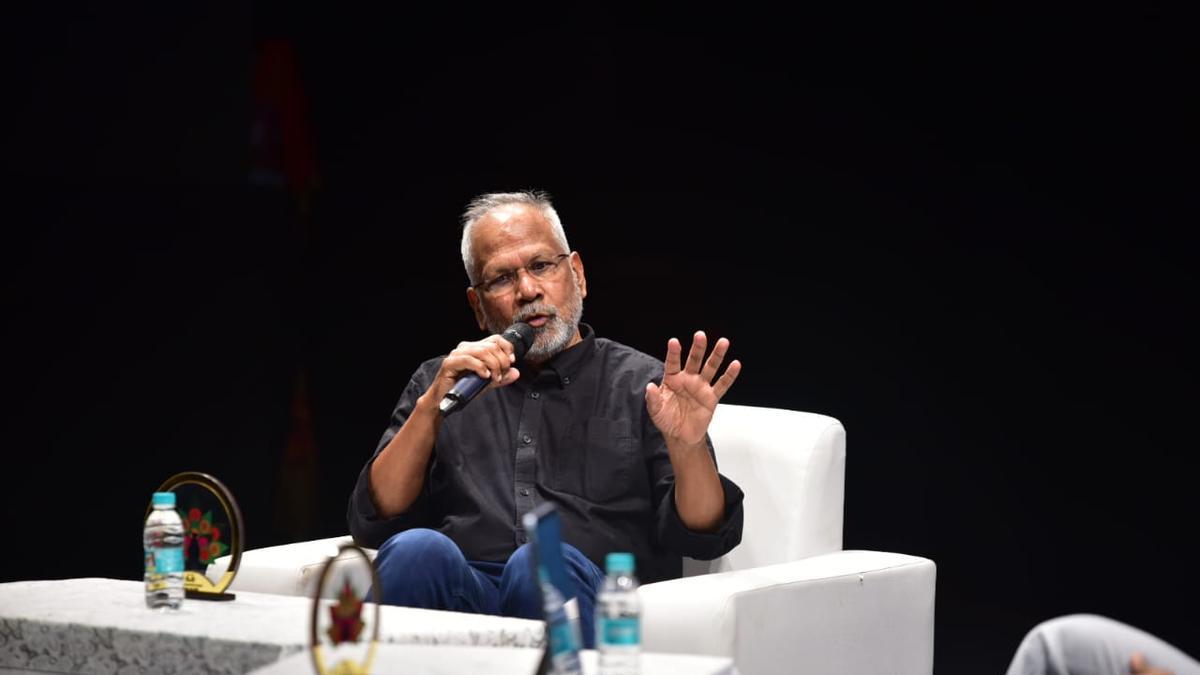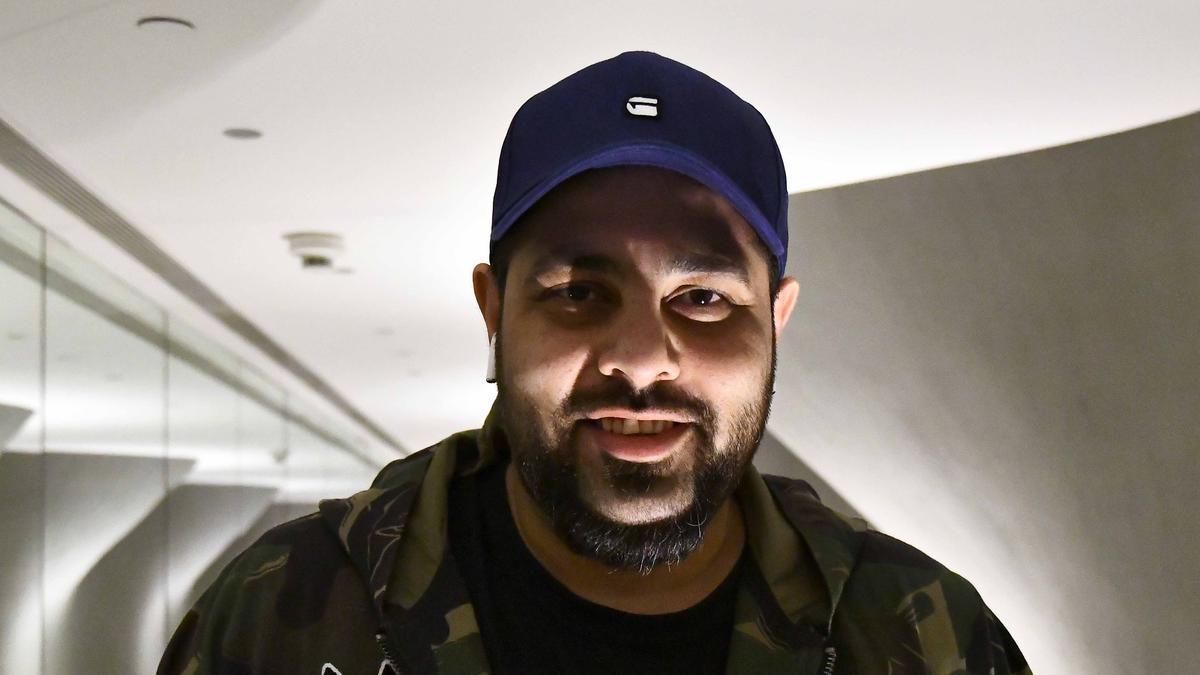
The world of cricket is no stranger to controversies, and recent comments made by former cricketer and current commentator Murali Kartik have fueled a fiery discussion both on and off the field. The heart of the matter is a statement Kartik made during a live broadcast, which has since become a subject of intense scrutiny and debate among players, fans, and sports analysts alike.
On the fateful day of March 25, as the Royal Challengers Bengaluru (RCB) were engaged in battle against the Punjab Kings, Kartik, who was part of the commentary team, weighed in on the performance of Yash Dayal, a young and promising left-arm pace bowler. Yash, who had been tapped to bowl in the powerplay overs, delivered quite an impressive performance: a 2-over spell that went for a mere 4 runs and was wicketless, effectively reining in the formidable batting prowess of the Kings.
However, Kartik’s attempt at complimenting the rising star was not taken as intended. In reference to Dayal’s performance, he remarked, “Someone’s trash is someone’s treasure.” This choice of words ignited immediate backlash across multiple fronts, including from RCB and their dedicated fanbase.
To provide some context, this wasn’t a simple case of a poorly worded comment. Yash Dayal had previously faced a storm of criticism over his bowling against Rinku Singh in the 13th match of IPL 2023, where he had been at the sharp end of Singh’s aggressive batting, conceding five consecutive sixes in a brutal final over while attempting to defend 29 runs. The public responded with a ruthless trolling campaign on social media, targeting Dayal’s perceived lack of skill and mental fortitude under pressure. The aftermath of that match saw Dayal falling ill, losing significant weight, and stepping away from the field due to health issues.
Hardik Pandya, the captain for Gujarat Titans at the time, had been quite candid about Yash’s situation, detailing the effects of both viral infection and the emotional trauma from the match. Despite the adversity, Dayal fought his way back, only to be released by the Gujarat Titans after the season’s end. It was Royal Challengers Bangalore who saw the potential in him and invested heavily, securing his talents for a hefty INR 5 crore during the IPL 2024 auctions. The faith shown by RCB was not just in the form of financial backing, but also in their decision to include him in their playing XI for the season’s games.
When Murali Kartik made his now-infamous comment, RCB was swift in their response, defending their player without hesitation. Their rebuttal was clear and to the point. “He’s treasure. Period,” they stated, a terse reply on the social platform “X” — a symbolic gesture asserting their unwavering support for their player.
Additionally, beloved cricket humorist Danish Sait, also known as Mr. Nags and renowned for his engaging social media presence, joined in to call out Kartik directly, publicly denouncing the seasoned commentator for labeling Yash as “trash.” This incident thus sparked a vital conversation regarding the impact of words in sports commentary. It highlighted the fine line that commentators tread between critique and offense, demanding a reevaluation of the verbal culture that has long been considered a staple of sports broadcasting.
Kartik’s comment raises broader questions about empathy, sportsmanship, and the support structures in place to help athletes navigate public scrutiny. The high-pressure world of sports often leaves little room for vulnerability, but as the landscape of sports culture evolves, dialogue about mental health and wellbeing is increasingly coming to the forefront.
This developing story has proven to be a significant lesson in perspective, responsibility, and the essence of redemption narratives in sports. It serves as a turning point for commentators to reflect on the power of their words, and for teams, fans, and players to engage in constructive support that uplifts rather than diminishes. The RCB’s robust stance in favor of Dayal further cements the notion that players are indeed treasures with inherent value, both on and off the cricket pitch.










